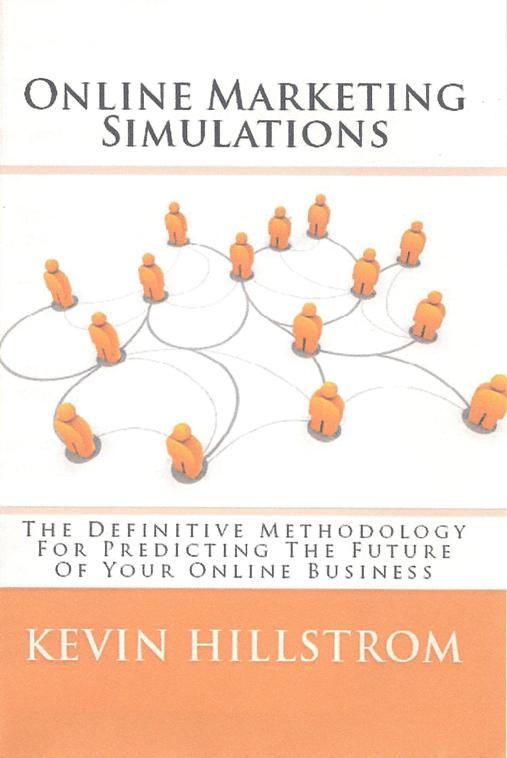Television And Multichannel Forensics
Are you watching less television?
I sure am. During the past three years, the DVR fundamentally changed how I use my time.
This is fascinating, because the VCR existed for decades, but it didn't change my behavior. I recorded a handful of shows. Maybe I was attending a dinner, and would miss a new episode of Seinfeld. The VCR kept me current with programs I missed.
For me, three things happened that caused me to stop watching television.
- Television became awful. I'm not sure television was ever great, but it sure used to be better. Last night, I scanned two hundred channels before settling on a thirty year old episode of MASH that I viewed a hundred times previously. I personally think September 11 changed television. How many comedies are on television anymore? Life wasn't funny after September 11 ... at least that's my opinion. You have to balance the half-dozen CSI and Law and Order franchises with something that makes you laugh. Instead, television gave us "reality" programming, an inexpensive, unsustainable, short-term profit solution to comedy. Instead of improving the quality of the programming, television improved the quality of the image (HDTV).
- If television is awful, then there isn't a reason to sit in front of the television for three straight hours. To me, the DVR didn't represent a fundamental change, because the VCR always existed. The DVR coupled with awful television represented a fundamental change. When there are only a handful of quality choices (quality is defined differently by each individual), one can use the DVR to create a personalized "evening of television". For instance, this morning, I am going through a week of programs like "Charlie Rose", Dan Rather Reports, and CBS Sunday Morning. Television folks call this "time shifting". I call it "convenience". These days, I can watch "Lost" on Thursday evening, when both my wife and I are at home.
- Television folks say the DVR allows you to skip commercials, a bad thing for the health of the television industry. We've been able to skip commercials for three decades. Bad television coupled with technology changed consumer behavior. When the price of a DVR became affordable to the average consumer, a mass shift in behavior occurred. Cable companies, the very middlemen who connect viewers to programming, hastened this shift by offering low-cost or no-cost DVRs to consumers in response to competition. I purchased my first DVR three years ago, my first HD-DVR last year. Everything changed, especially after buying the HD-DVR.
Maybe most interesting is what I do with my extra time. I write books, I write this blog, I volunteer. Arguably, the quality of my life is better today than pre-DVR, thanks to the "quality" of television today. It is a zero-sum game.
Labels: Advertising, DVR, Multichannel Forensics, Television


